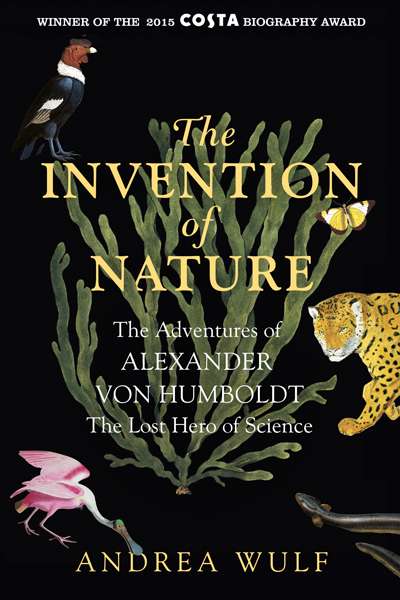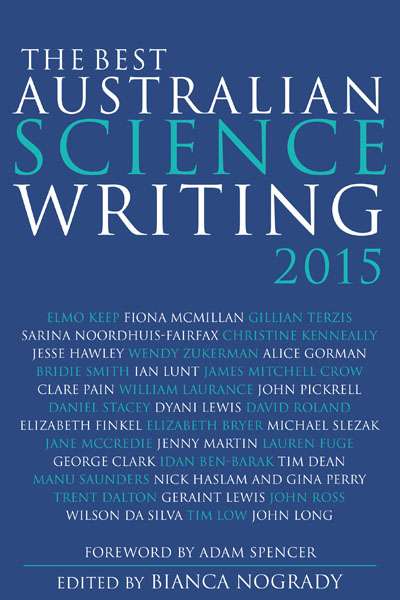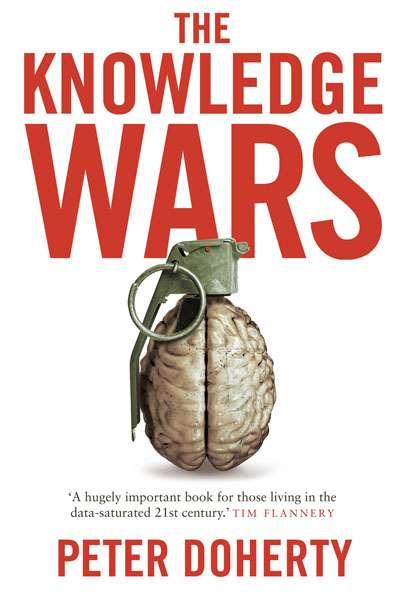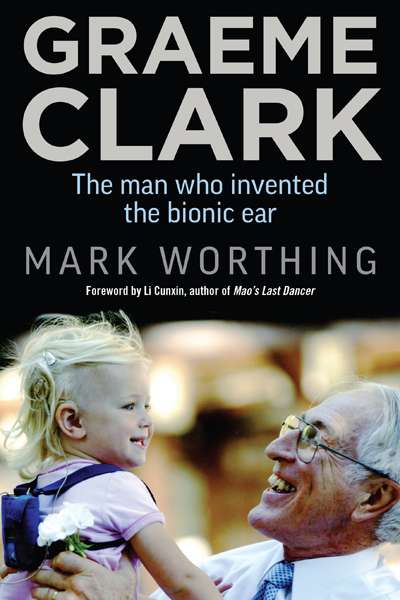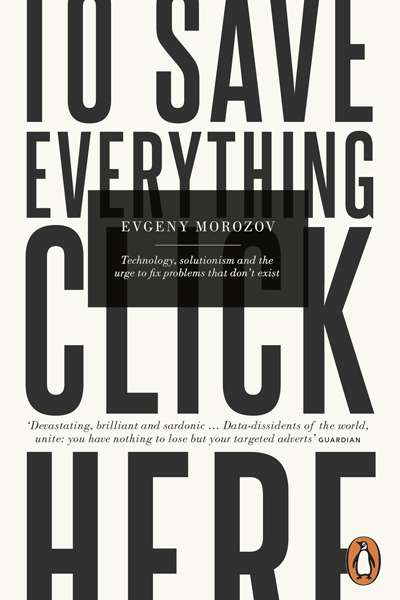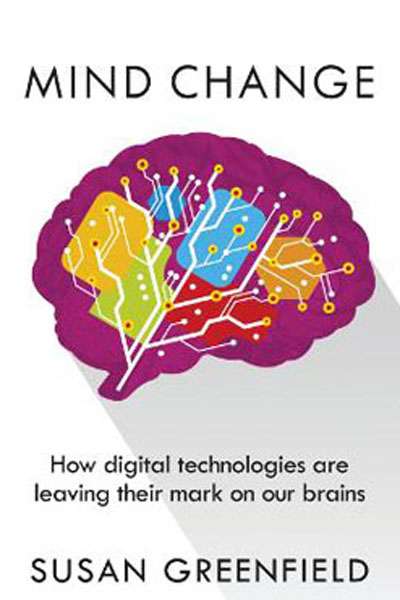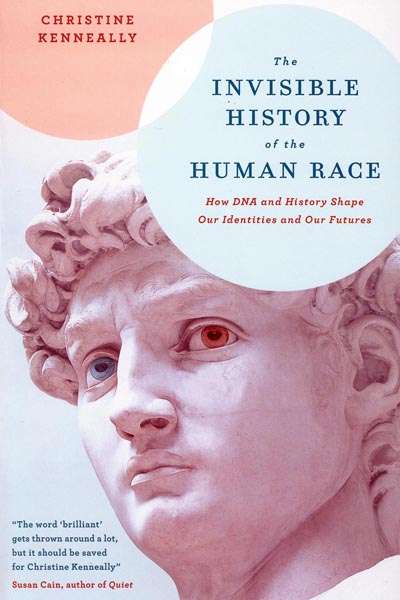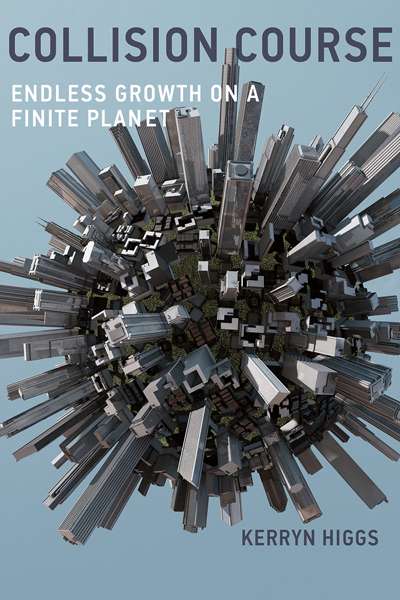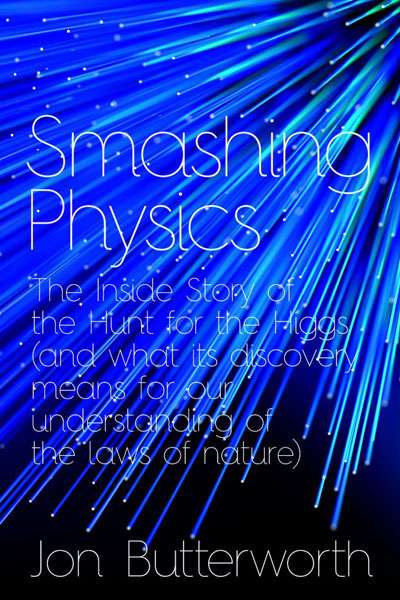Science and Technology
The Invention of Nature: The Adventures of Alexander Von Humboldt, the Lost Hero of Science by Andrea Wulf
Alexander von Humboldt, who died in 1859 at the age of eighty-nine, was not only the most famous scientist of his day but also one of the world's best-known figures. He met often with political leaders, from Thomas Jefferson in the new United States to King Friedrich Wilhelm III of Prussia, and he expanded outwards from his bases in Paris and Berlin to pursue variou ...
The Best Australian Science Writing edited by Bianca Nogrady
In 2010, writing in Westerly, Carmel Lawrence despaired about the lack of science writing in the collection of 'best non-fiction' of the year that she had been asked to review. It wasn't, she concluded, for want of material. Science writing had undergone a huge resurgence in ...
'Knowledge', asserts Peter Doherty, quoting Francis Bacon, 'is power'. Since 1996, having demonstrated his outstanding Nobel Prize contribution to the discovery of the nature of cellular immune defence and continuing research on viruses and immunity, this famous medical veterinarian has produced four books to enlighten a general audience on such matters as pandemics ...
Graeme Clark: The Man Who invented the bionic ear by Mark Worthing
The story of Graeme Clark and the cochlear implant is often seen as the exception to the research trope lauding the brilliance of Australians at basic research but lamenting their ineptness commercialising these opportunities. This book is an adulatory story of Clark’s life.
Clark’s exceptional and driven journey is breathlessly relat ...
To complement the essays, commentaries, reviews, and photographic essay in this issue, we asked a group of leading environmentalists, scientists, commentators, and writers what they regard as the most urgent action needed for environmental reform.
Wayne Bergmann
There is an urgent need for widespread recognition of the interrelationship between the ...
To Save Everything, Click Here: Technology, Solutionism and the Urge to Fix Problems That Don't Exist by Evgeny Morozov
What are the implications of the ever-accelerating revolution in information communication technology on our lives? Is the Internet a force for good, for increased freedom and democracy? Or are we so in thrall to the prophets of Silicon Valley that we have lost sight of the perils that lie in ‘big data’, the extension of algorithms and quantification into every ...
Mind Change: How digital technologies are leaving their mark on our brains by Susan Greenfield
Over at the academy, the lecture is not what it used to be. Colourful slides and short videos accompany the spoken word, and this audio-visual feast can be ordered take-away, lecture recordings instantly downloadable from the university’s ‘learning management system’. Students sit, laptops open, alternating their gaze between the lectern and the web. Many stay home, speeding up the recordings to whiz through the dull bits. Academics speculate on whose lectures will be chipmunked the most.
Most of these students are digital natives, a generation that has grown up with the Internet, Facebook, immersive video games, and mobile devices. According to Susan Greenfield, a prolific Oxford neuroscientist, the natives are restless. They are also narcissistic, superficial, passive, inattentive, uncentred, and aggressive. In Mind Change, Greenfield ties these failings together as a syndrome of our time. Its cause, she argues, is the steady encroachment of digital technologies into our lives. Greenfield has raised concerns about their influence for many years, and her book attempts to marshal the scientific evidence to support them.
... (read more)The Invisible History of the Human Race: How DNA and history shape our identities and our futures by Christine Kenneally
In the current fad for omnibus histories of absolutely everything, designed to replace ancient metaphysics, perhaps, or answer some marketing brainwave, no one has succeeded in quite the way Christine Kenneally has. She approaches her task with a very specific enquiry: what is the interplay between genetics and human history? Searching for an answer, she uncovers worlds within worlds.
... (read more)Collision Course: Endless growth on a finite planet by Kerryn Higgs
This clear and cogent book is an important wake-up call. It should not need saying that it is impossible for human populations and economies to grow without limit on a finite planet, but that delusion is widespread. This book is a reminder of the inconvenient truth that should be informing our leaders ...
... (read more)Smashing Physics: Inside the discovery of the Higgs boson (and how it changed our understanding of science) by Jon Butterworth
I must let you into a secret. I have three different ways of reading books: lightning fast, with serene attention; and, as with Smashing Physics, postmodern.
The fast mode is forced by unavoidable professional requirements. This week, for example, I received a (thankfully) slim volume just hours before having to record a satellite interview with the author who is based at Harvard. I had ninety minutes to skim the novel to obtain enough ‘feel’ for the work so that I could lead a credible discussion. All went well.
... (read more)

